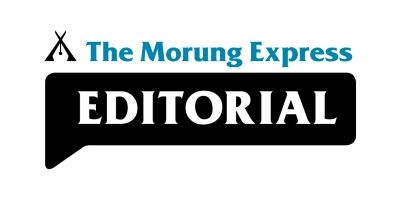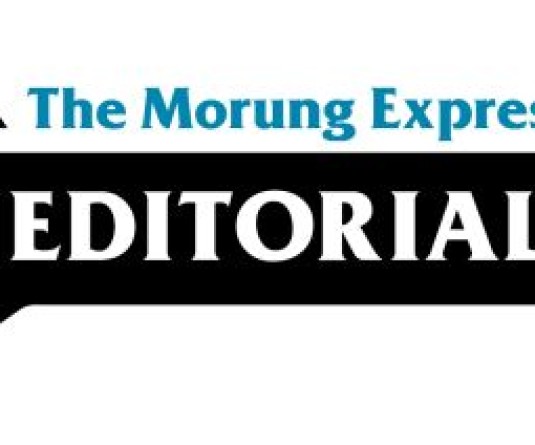
When Christopher Columbus landed on ‘Turtle Island,’ he believed he had reached India and insisted, despite knowledge to the contrary, that the people he encountered were Indians. This encounter elucidated by modern education curriculum serves as a point of reference to illustrate that not only were indigenous people being defined by others, but that these definitions made value judgments that relegated indigenous peoples to the margins of human existence.
The fact that land occupied and belonging to indigenous people was defined as ‘vacant land’ which could be colonized in the name of ‘discovery,’ and subsequently, legitimated by international law, is a clear indication that indigenous people were not recognized as human beings. Through expansionist and colonizing processes, indigenous people were stripped of their identity and the ability to both retain and practice their own traditions, knowledge system and values. Fortunately, most did not lose confidence in their political identity and in their will to decide their own future.
Indigenous people’s endurance and perseverance has supported the assertion of their individual and collective identity in the face of compelling and overwhelming circumstances is perhaps what saved them from vanishing altogether. The collective conscience of their nationhood in practical terms has ensured that indigenous peoples have not become a thing of the past.
The modern state unsustainability in combination with its dominant knowledge system has necessitated the need for indigenous people to explore alternatives for securing their heritage. The search for alternatives is indicating an inevitable return to the teachings of indigenous knowledge systems. Ironically, the indispensable contribution of indigenous knowledge in the human search for alternatives has not been completely grasped by indigenous people themselves, as they continue to confront the guile of State distraction.
Indigenous people are in a position to reinforce their aspiration and to deliberately reconstruct their nationhood based on indigenous values and wisdom. These two processes of reinforcing and reconstruction are intertwined with each other. In essence, it involves the process of relearning, rethinking and reinterpreting the evolution of indigenous identities, culture, self-governance and institutions in ways that would meet the challenges and needs of modern day aspirations. Indigenous people are constantly invited to reflect and evaluate a variety of ways to be modern without losing the essence of being indigenous.






